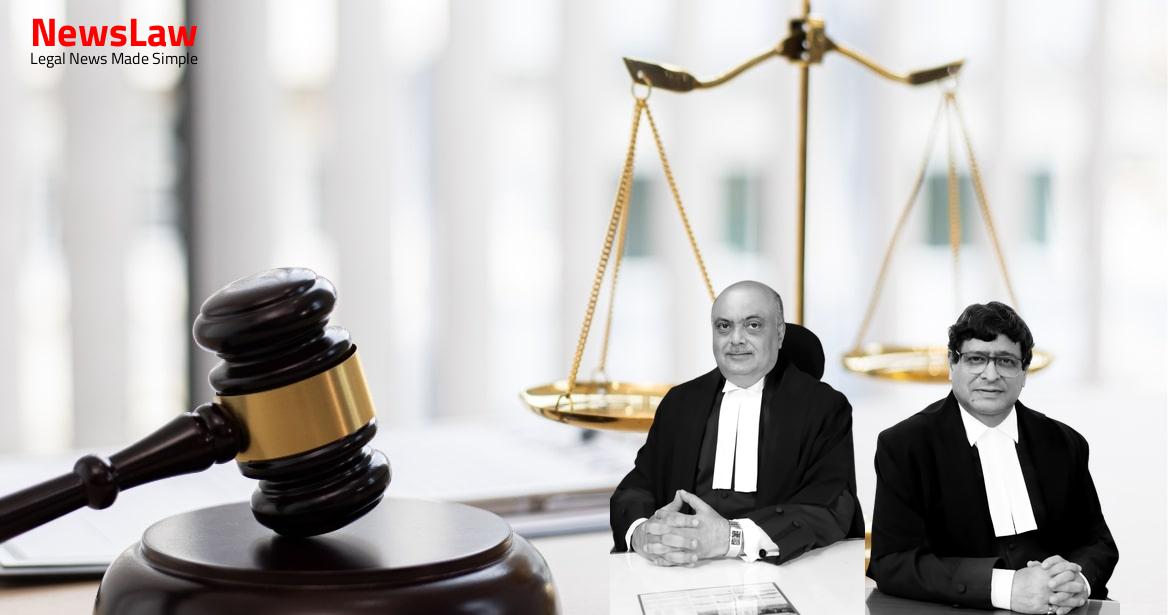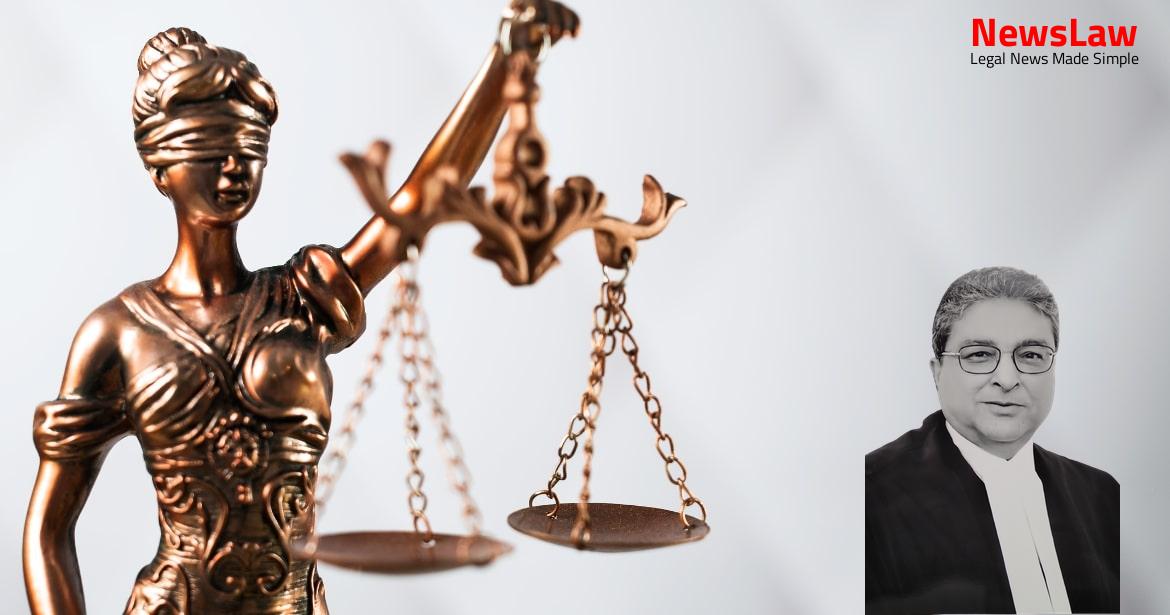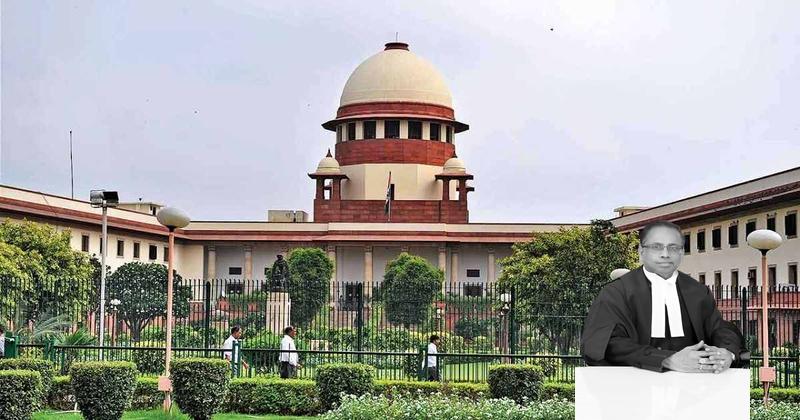In a significant development, the Calcutta High Court has issued a ruling in the Mitra Family Tenancy Case regarding tenancy rights. The case involves a dispute over the eviction of the appellants from a property on Park Street, Kolkata. The respondent-landlord filed an eviction suit based on the death of the appellants’ mother, who held the tenancy. The court’s decision has far-reaching implications for the interpretation of tenancy laws in West Bengal. Stay tuned for more insights on this crucial judgment!
Arguments
- The respondent filed an eviction suit against the appellants concerning Room No.208, 2nd Floor, 25-2A Park Street, Kolkata.
- The respondent sought eviction of the tenant from the premises based on the death of the appellants’ mother, in whose name the tenancy was held.
- The respondent relied on the deposition of one of the defendants in another case to support their claim for eviction.
- The respondent argued that as the appellants’ mother had passed away in 2009, the appellants were not entitled to continue staying in the premises beyond 2014.
- The respondent invoked section 2(g) of the 1997 Act, which limits the rights of children and dependents of a tenant to remain in the property for a maximum of five years.
- The counsel for the appellants argues that the tenancy in the present case devolved in favor of the present appellants in 1970 on the death of their father, who was the original tenant.
- The counsel contends that this devolution of tenancy could not be undone by applying the provisions of the 1997 Act, which was a subsequent legislation.
- The appellants rely on the decision of the Single Judge of the Calcutta High Court in the case of Goutam Dey v. Jyotsna Chatterjee.
- In the cited case, the original tenant had passed away prior to the enforcement of the 1997 Act, making the tenancy heritable in 1970, and consequently, the appellants along with their mother became tenants of the property.
- On the other hand, the counsel for the respondent-landlord argues based on the findings of the High Court in the present case and cites two judgments of the Calcutta High Court.
Also Read: Election Petition Alleging Corrupt Practices: Legal Analysis by Supreme Court of India
Analysis
- The Division Bench of the Calcutta High Court interpreted the phrase in the 1997 Act regarding the heritability of tenancy rights.
- The 1997 Act restricts the heritability of tenancy rights for a period not exceeding five years for specified heirs of the deceased tenant.
- The Act applies retrospectively to cover deaths of tenants occurring prior to July 10, 2001.
- The Act provides limited protection to specific heirs of an original tenant for five years from the date of the Act.
- The purpose was to allow dependents of the original tenant residing with them to make alternative arrangements.
- The Act changes the heritable rights of tenancy as per the Division Bench of the Calcutta High Court.
- The Act does not extend the protection of tenancy rights to heirs beyond a specific period of five years.
- The Act was aimed at reforming rent legislation to balance the interests of landlords and tenants.
- The Act extinguishes heritability of tenancy rights after a specified time period as per the High Court’s interpretation.
- The phrase ‘whichever is later’ in the Act ensures equal time for heirs to make alternative arrangements post the Act’s enforcement.
- The interpretation of Section 2(g) of the 1997 Act by the Calcutta High Court in Sushil Kumar Jain and Satyanarayan More cases is considered expensive and wasteful.
- Enforcement of a new statute does not automatically take away rights accrued under a repealed statute, unless clearly stated in the new statute.
- The omission of the spouse in the second proviso of Section 2(g) of the 1997 Act was deemed discriminatory and unjust by the court in Nasimi Naqi v. Todi Tea Company Ltd. & Ors.
- Retrospective legislation contradicts the principle that laws regulating future acts should not change past transactions made in reliance on existing laws.
- Legislations modifying accrued rights or imposing new obligations are typically construed as prospective unless stated otherwise.
- The emphasis on the legislative intention behind the promulgation of the 1997 Act was highlighted in the Sushil Kumar Jain and Satyanarayan More judgments by the Calcutta High Court.
- Judicial emphasis on clarity and fairness in law is crucial to avoid oppressive outcomes for citizens.
- Obscure statute laws were criticized for their impact on citizen’s lives in the Renton Committee Report.
- Loose drafting in the 1997 Act led to judicial confusion, particularly concerning the termination of tenancies devolved under the 1956 Act.
- Different High Court judgments presented contrasting views on whether the 1997 Act affects existing rights, with Goutam Dey relying on the West Bengal General Clauses Act for interpretation.
- Section 2(h) of the 1956 Act defines ‘tenant’.
- Section 2(g) of the 1997 Act further elaborates on the definition of ‘tenant’.
- The definition includes anyone who is responsible for paying rent for premises.
- It also covers individuals continuing in possession after the termination of their tenancy.
- In case of a tenant’s death, certain family members have rights for a limited period.
- These family members must have been living with the tenant and dependent on him.
- The definition excludes individuals against whom eviction orders have been issued by a court.
- There are exceptions to the time limit of five years for specific family members.
- The Division Bench’s interpretation of a statutory provision does not make the law retrospective.
- Heritable rights of a tenant cannot be taken away based solely on interpretation.
- Smt. Usha Mitra and the appellants jointly inherited the tenancy from Sh. S.K. Mitra in 1970.
Also Read: Landmark Supreme Court Judgment in the Case of Compassionate Appointment vs. Termination
Decision
- Pending application(s) to stand disposed of
- Interim order(s) to stand vacated
- Impugned judgment set aside as appellants’ tenancy did not expire in 2006
- 1997 Act introduction did not impact appellants’ tenancy
- 1997 Act does not have retrospective operation
- Appeals allowed
- Single Judge and Division Bench orders of 29.06.2022 and 08.12.2022 set aside
Also Read: Judgment on CAS Benefits for Research Assistants – Supreme Court Ruling
Case Title: RAJESH MITRA @ RAJESH KUMAR MITRA Vs. KARNANI PROPERTIES LIMITED (2024 INSC 719)
Case Number: C.A. No.-003593-003594 – 2024



